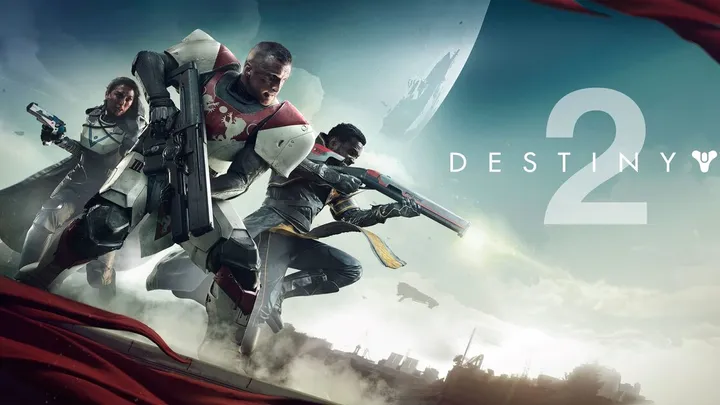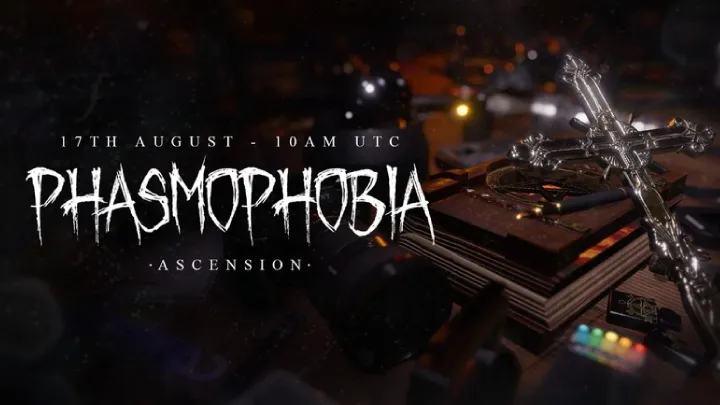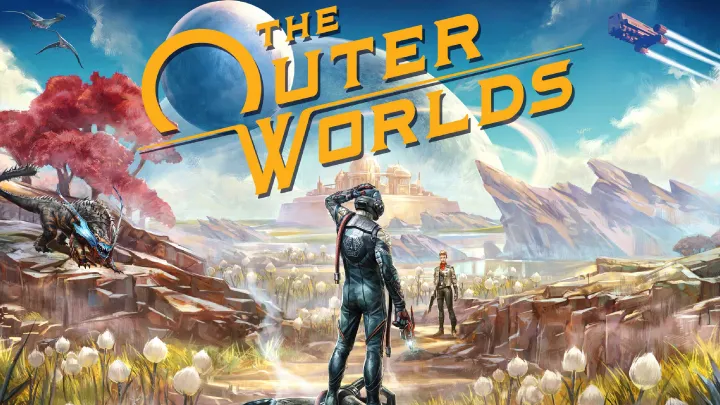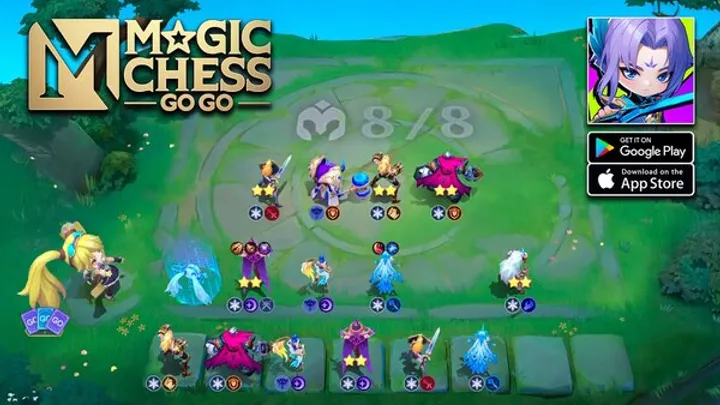Mafia: The Old Country is a game that goes beyond its atmospheric setting and stylish gangster action. Beneath the surface, it explores a deeply rooted issue that has shaped both narrative design and gameplay mechanics: the conflict between family loyalty and personal survival. Unlike other crime-based games where power and wealth dominate the story, Mafia: The Old Country emphasizes how old traditions, codes of honor, and blood ties clash with modern ambition. This article dives deeply into that issue, showing how it affects missions, character development, choices, and the entire gaming experience.
The Roots of Loyalty in Mafia: The Old Country
From the opening act, Mafia: The Old Country establishes loyalty as the backbone of its narrative. Players are introduced to the protagonist as someone bound by both bloodline and oath. The game does not treat loyalty as a vague theme but builds missions where the player’s obedience is tested, often against personal interest.
In the early stages, loyalty feels rewarding. Completing missions for family elders brings respect, resources, and protection. However, the subtle tension begins to build: loyalty is not optional, it’s demanded. The player is reminded that betrayal is not merely personal failure but dishonor against a centuries-old tradition.
Early Tests: Obedience Versus Morality
The first major dilemma comes when players are asked to enforce orders that conflict with their own moral compass. Missions often involve silencing old friends or punishing innocents. The design choice here is deliberate—forcing the player to question whether survival in the family means abandoning humanity.
While other gangster games may glorify violence, Mafia: The Old Country makes killing a moral debt. This creates a unique weight to actions, setting the stage for how loyalty becomes both a shield and a prison.
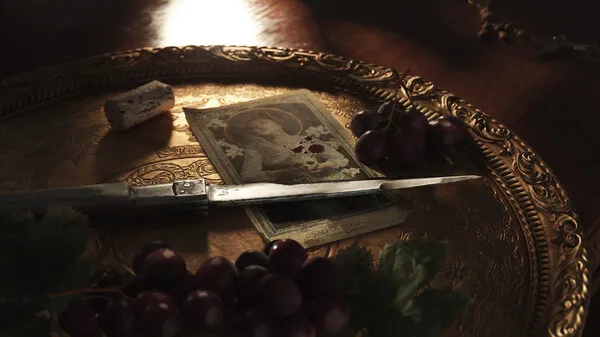
The Burden of Tradition in Gameplay Mechanics
Tradition in Mafia: The Old Country isn’t just storytelling—it’s embedded in gameplay. For example, progression systems tie advancement not to money or kills, but to the approval of family elders. If the player chooses independence, they risk losing access to essential resources like safe houses, weapons, or political influence.
This mechanic brilliantly reinforces the conflict: to play effectively, one must respect tradition, but to win emotionally, one might want freedom. The burden of tradition is not just narrative—it dictates how players interact with the world.
Mid-Game Betrayals and the Cracks in Loyalty
By mid-game, cracks in loyalty become visible. Allies begin questioning orders, and younger characters express frustration at being bound to old codes. The player is pulled into a cycle of betrayal, suspicion, and shifting power balances.
One striking example is the betrayal of a trusted underboss, which forces the player to confront whether loyalty should be absolute or conditional. This section of the game highlights how loyalty, when corrupted, can turn into manipulation and control.
When Family Loyalty Becomes a Curse
As the story progresses, the weight of family loyalty turns from duty into curse. Missions require sacrificing personal happiness, and characters the player grows attached to often become casualties of rigid codes. The player sees firsthand how loyalty is weaponized by the elders to maintain their control.
This creates emotional dissonance: the player’s heart wants rebellion, but survival requires submission. Few games manage to immerse the player so completely in this tug-of-war between freedom and obligation.
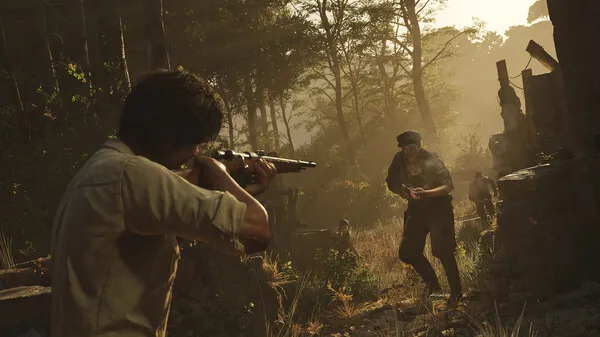
Generational Conflict: Old Versus New
Another major issue the game addresses is generational conflict. Younger characters embody ambition, innovation, and impatience, while elders cling to old traditions. This is more than flavor—it becomes a structural part of the missions, with the player forced to mediate between generations.
Generational tension is a specific lens through which loyalty is tested. Do you obey the old ways, or gamble on the new vision? The outcomes shape not just the ending but also the alliances formed throughout the story.
Gameplay Consequences of Loyalty Choices
Mafia: The Old Country is ruthless about consequences. Choosing loyalty can make the player feel secure but often at the cost of emotional emptiness. Choosing independence, however, may strip resources and allies. This delicate balance ensures that every decision feels impactful.
The branching mission structure reveals how loyalty is not a black-and-white concept. Sometimes survival requires temporary betrayal; sometimes rebellion is the only path to preserve honor. The game blurs lines between right and wrong, making loyalty a mechanic of constant uncertainty.
Symbols and Rituals Reinforcing Loyalty
One of the most powerful tools the developers use is symbolism. From blood-oath ceremonies to family dinners, the rituals reinforce the power of loyalty. Players are not simply told they belong to a family—they are made to participate in the rites that solidify their bond.
These rituals may seem minor, but they play a huge role in immersion. When betrayal eventually occurs, the memory of these rituals magnifies the emotional sting. It is not just gameplay betrayal—it feels like personal violation of tradition.

The Climax: When Loyalty Breaks
The climax of Mafia: The Old Country revolves around the moment loyalty is broken. Whether by necessity or choice, the player is forced to either betray the family or betray themselves. This ultimate decision reshapes the narrative permanently.
The climax proves that loyalty, once shattered, cannot be mended. It also reveals the game’s core message: loyalty is powerful but fragile, a double-edged sword that can elevate or destroy entire legacies.
Resolution: Living With the Cost of Loyalty
The resolution of Mafia: The Old Country does not glorify victory. Instead, it emphasizes the cost of loyalty—whether preserved or broken. If the player remains loyal, they inherit power but lose personal freedom. If they rebel, they gain independence but sacrifice security and belonging.
The ending underlines the game’s central issue: in a world bound by tradition, loyalty is never free. It always demands payment, whether in blood, trust, or selfhood.
Conclusion
Mafia: The Old Country stands out in the crime genre because it doesn’t reduce loyalty to a background theme—it makes it the game’s central issue. Through narrative, mechanics, rituals, and generational conflict, the game forces players to feel the heavy cost of loyalty. This exploration of duty versus freedom creates a uniquely immersive experience where choices resonate long after the credits roll.





